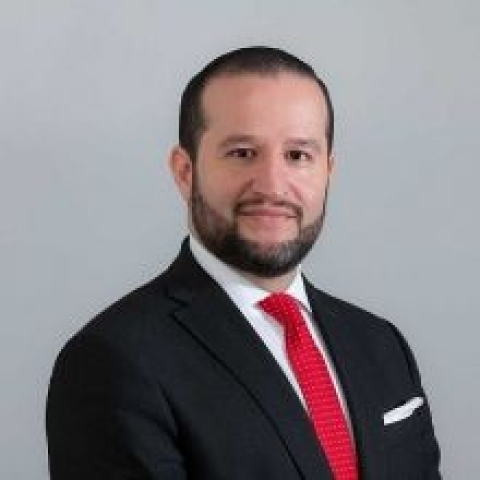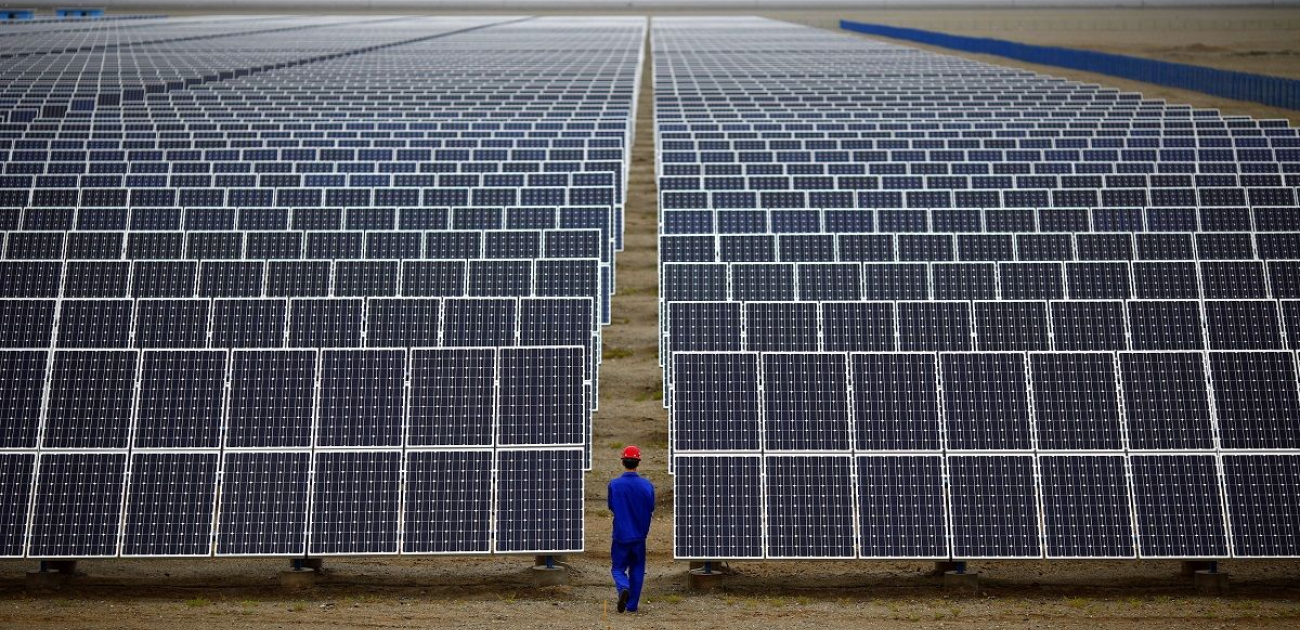Towards A New Regulatory Model In Distributed Generation
The proposal for a bill incorporating the concept of distributed energy resources, by legislators Paola Valladares, from the PLN, Erwen Masis, from the PUSC, and Mileidy Alvarado, from the PRN, is an extremely positive step for our country, since it promotes the incorporation of new technologies to encourage the use of clean energy in the country and is a complement to the current "Minae Distributed Generation Regulation".
Recently, Project 22.009 “Law for the Promotion and Regulation of Distributed Energy Resources from Renewable Sources” has been presented in the legislative current. It could well be affirmed that this is a really important project because it seeks a regulatory redesign that responds to criteria of minimum intervention, neutrality, transparency and user protection.
The existing context causes "disruptive and dynamic" changes in the energy matrix. Currently, technology allows us to generate energy more efficiently and at a lower cost, which causes changes in the role of the State "no longer as a provider, but as a guarantor."
Regulating a sector as complex as energy is not an easy task; it demands a very high dose of concertation, dialogue and political timing. This is precisely where the "crux of the matter" is, because it happens that regulatory conditions do not always end up being consistent with the design of public policy.
The change
The project defines necessary conditions to promote and regulate "under a special regime" the integration, access, interconnection and control of distributed energy resources of subscribers interconnected to the National Electric System through non-discriminatory regulation and with less regulatory weights towards the user.
To begin with, article 16 "following the correct terminology of the Administrative Economic Law" classifies as Economic Services of General Interest: (i) distributed generation with renewable sources, simple net measurement method, (ii) energy storage for self-consumption, (iii ) self-management of demand linked and complementary to the distribution service.
This favors less intense intervention by the State on the activity of prosumers; submitting them "yes" to a special regime in charge of ARESEP subject to public service obligations such as: (i) quality, (ii) quantity, (iii) reliability, (iv) security.
For its part, article 17 proposes the publication "declaration of Public Service" of 2 activities: (i) distributed generation through the full net measurement method (sale of surplus), (ii) energy storage to supply the Electric System National. Needless to warn the reader, that this storage is not the same as that carried out by a prosumer for self-consumption purposes; rather, it refers to the energy storage arranged to provide an Auxiliary Service.
Additionally, the project regulates two core figures: (i) Parallel Operation without surplus delivery to the network -article 18-, (ii) virtual self-consumption -article 19-, which will allow a prosumer to generate at one point and consume in another, paying that yes a distribution or transmission toll as the case may be.
Incentives
At the level of development schemes, a more sustainable electric model is promoted, adapting new technologies, investments and improvements in electrical networks are promoted; as well as tax exemptions and unique procedures.
100% access
Our country has 7,500 families without access to energy, which represents 0.6% of households. The initiative in article 28 incorporates the Shared Communal Distributed Generation; This will allow anyone to provide a shared communal distributed generation service to bring electricity to those homes that are located in areas of the country where there is no electricity grid.
If it became a Republic Law, the country will have achieved the task of a regulatory design that places the user as the axis and center of regulation thanks to a vision centered on 4 axes: universal access, affordability, sustainability and security. Therefore, we will be attentive to its procedure in the Legislative Assembly.
Do you want more information?
 William Villalobos
William VillalobosHis professional practice has focused on the legal structuring of public-private participation models in Telecommunications, Infocommunications, Power Generation and Renewable Energy Projects. Also, hi has experience in Litigation in Contentious-Administrative matters, as well in multiple Administrative Proceedings before Regulatory Agencies.
